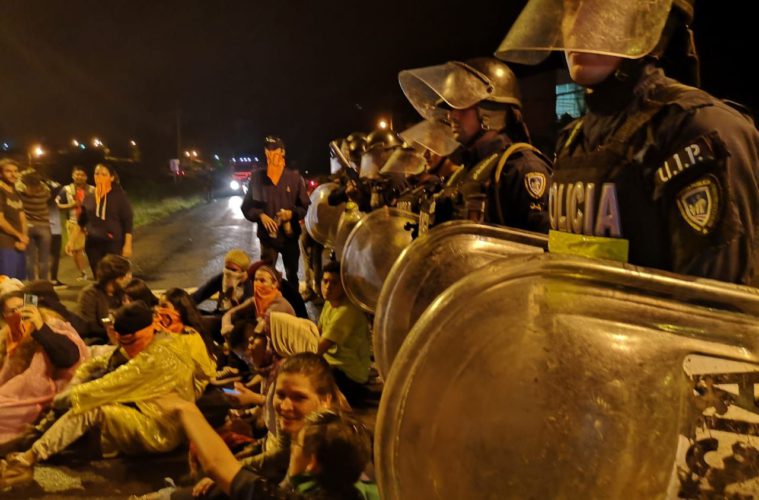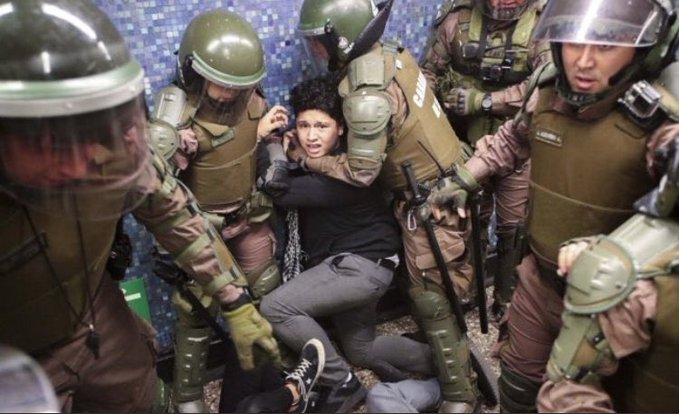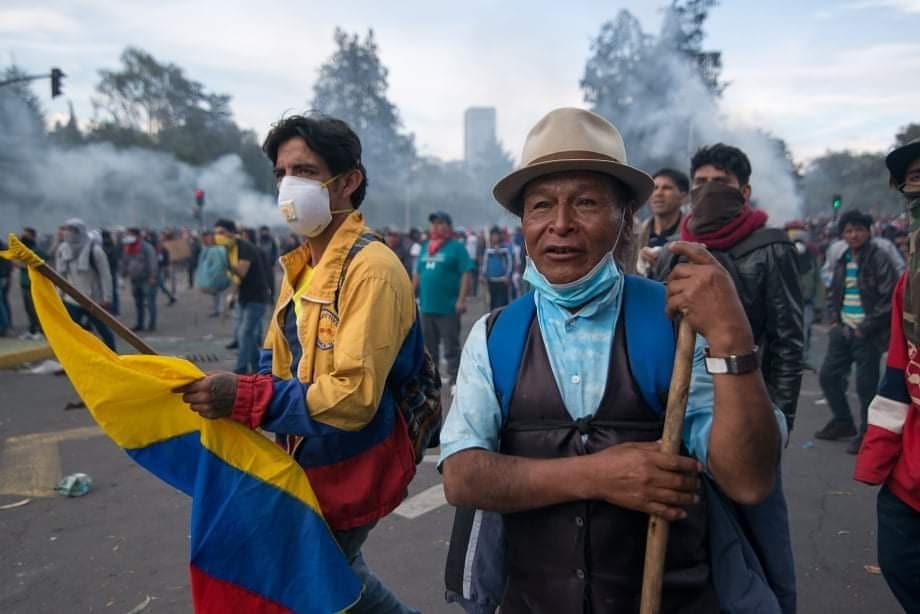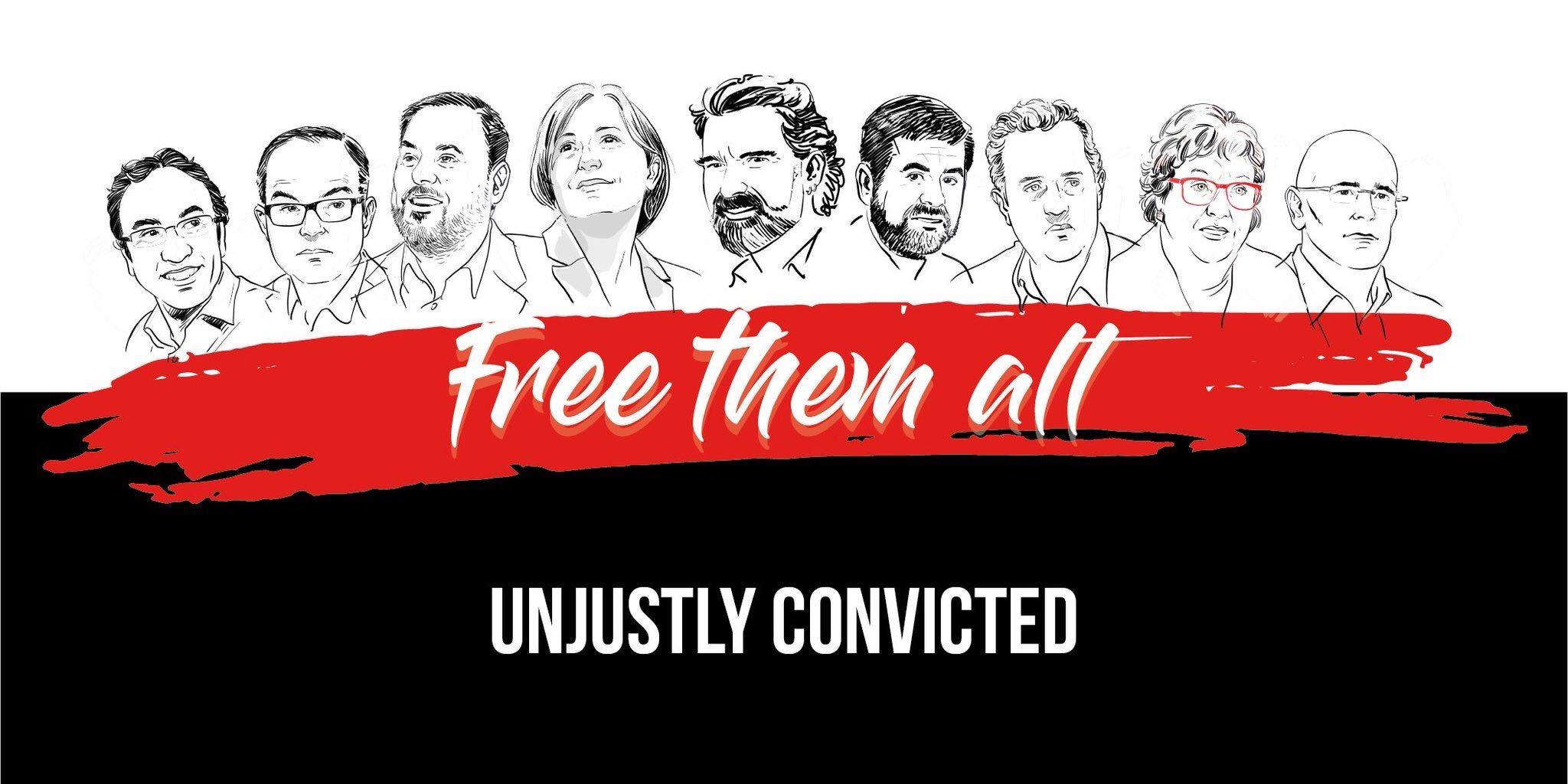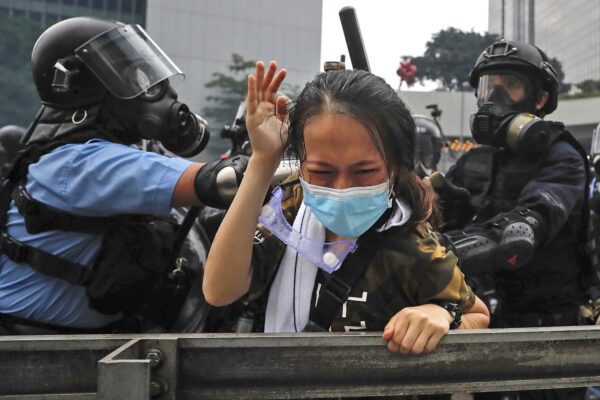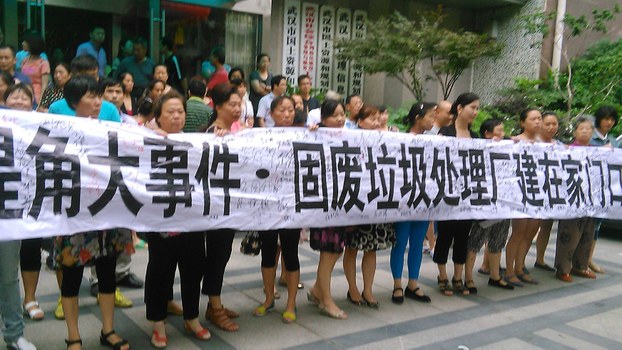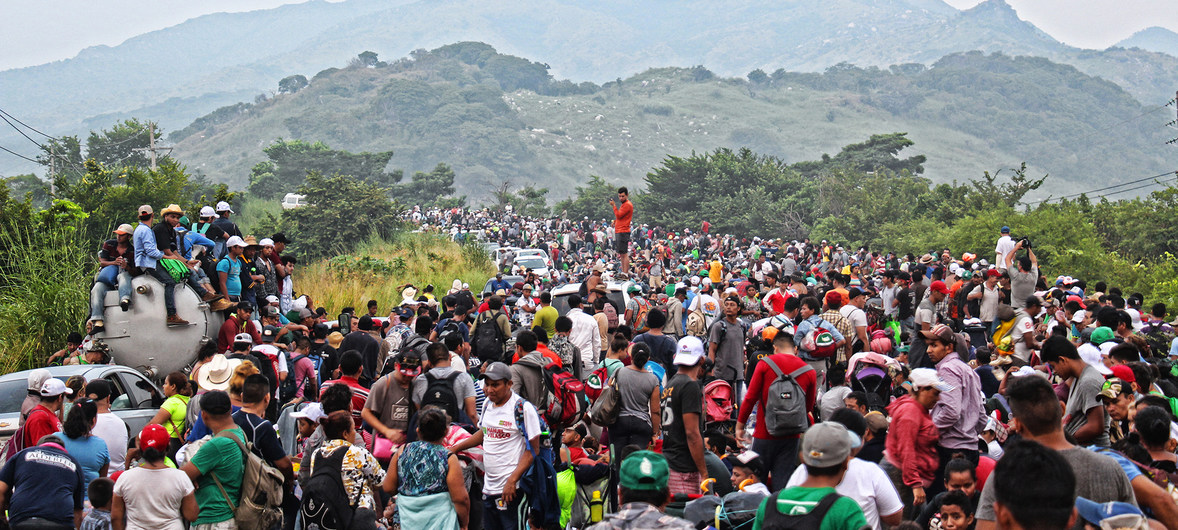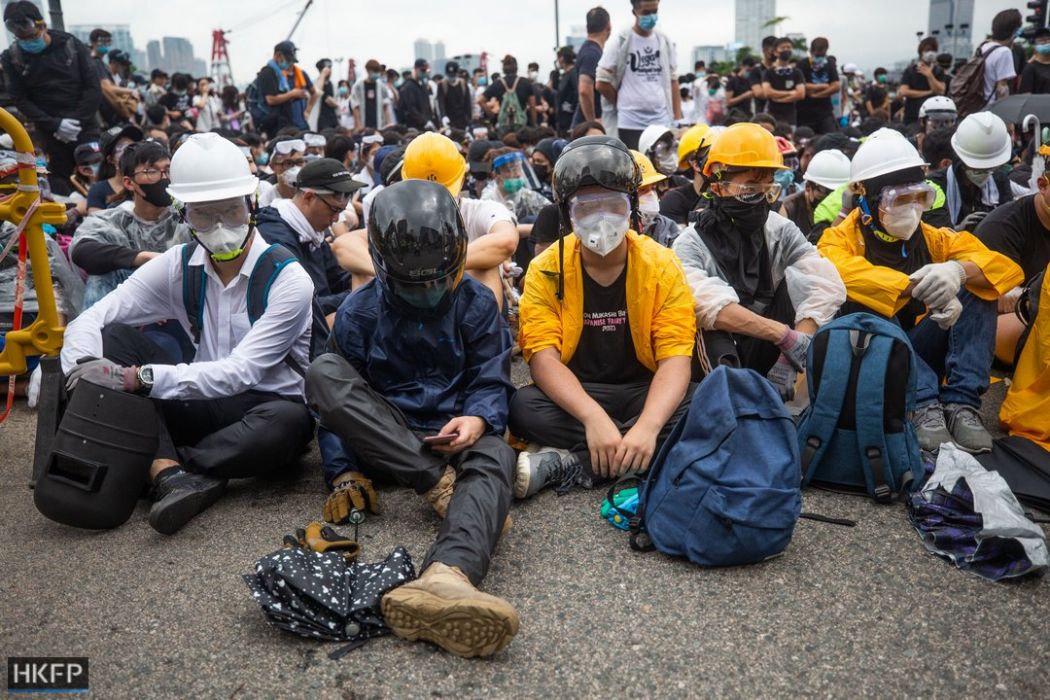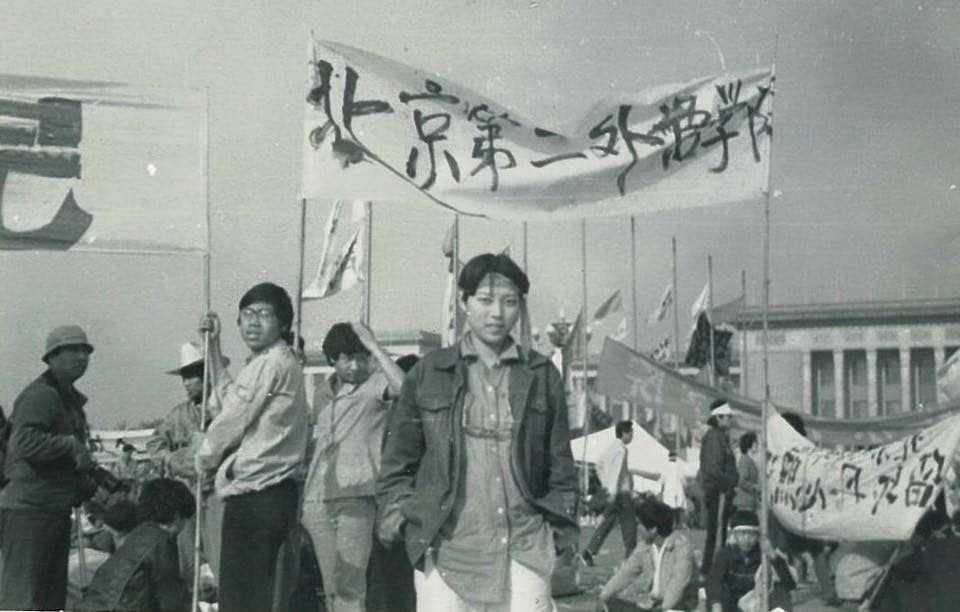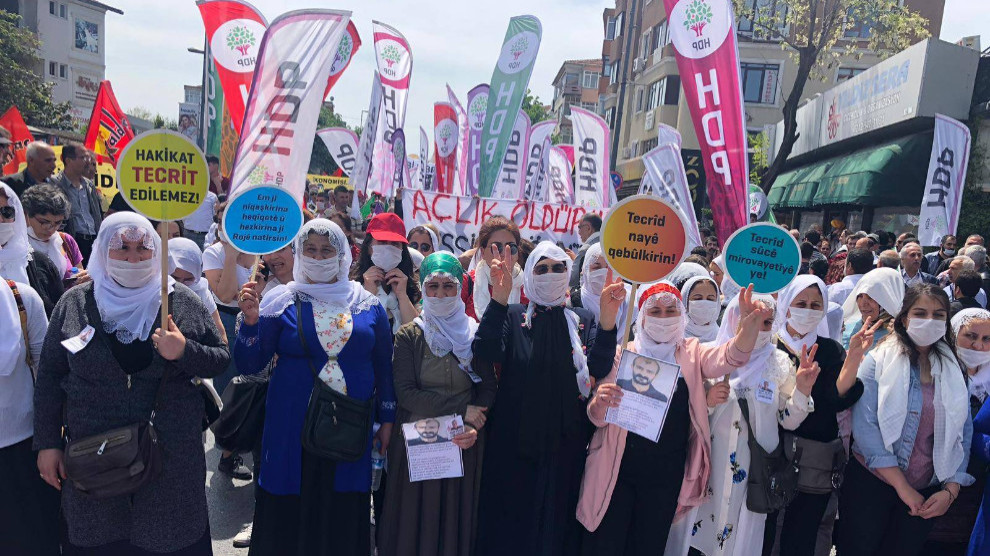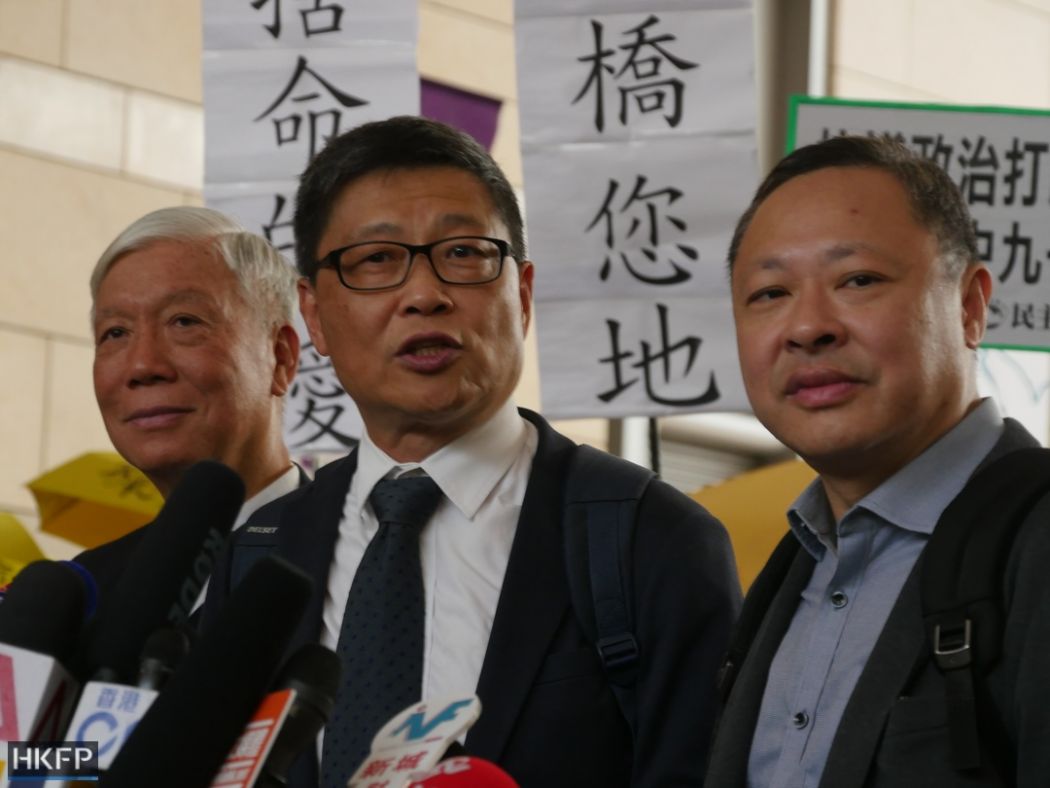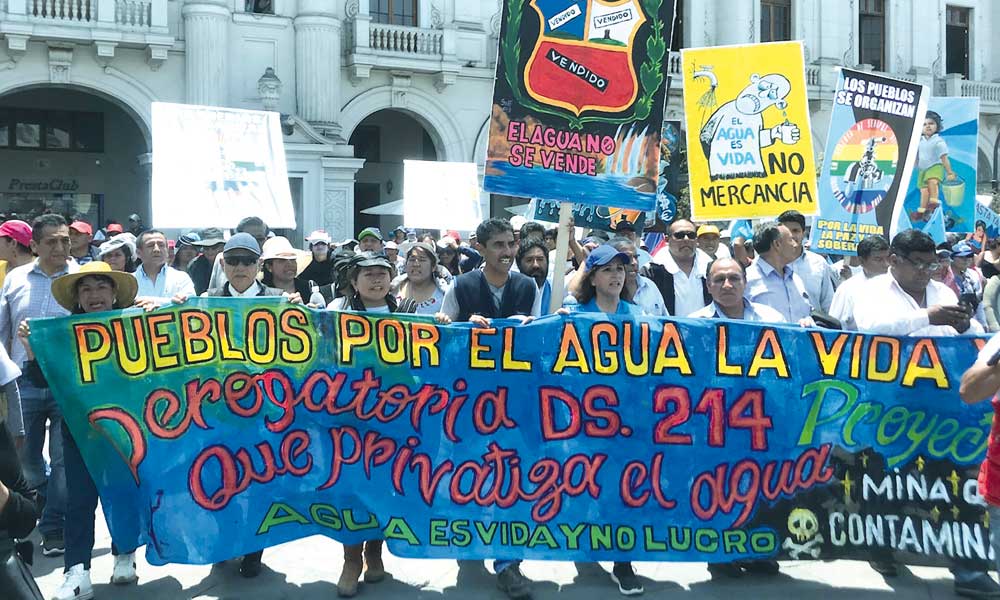
Peru next for regional protest wave?
Weeks after a nationwide uprising in Chile was sparked by protests over transit fare hikes in the capital, politicians in neighboring Peru are issuing nervous warnings in the wake of days of street demonstrations in Lima. This week, students occupied Central Station on Lima’s Metro to demand subsidized transit fares, workers marched to oppose the privatization of the city’s water system, and hundreds protested the pending release of imprisoned right-wing political leader Keiko Fujimori. President Martin Vizcarra took note of the threat of widespread unrest when he told the Annual Conference of Executives that Peru “is not free of protests” and must work to fight corruption and close the wealth gap. But his prescription was for an “authentic” free market—precisely the policies now being protested. (Photo: Diario Uno)



